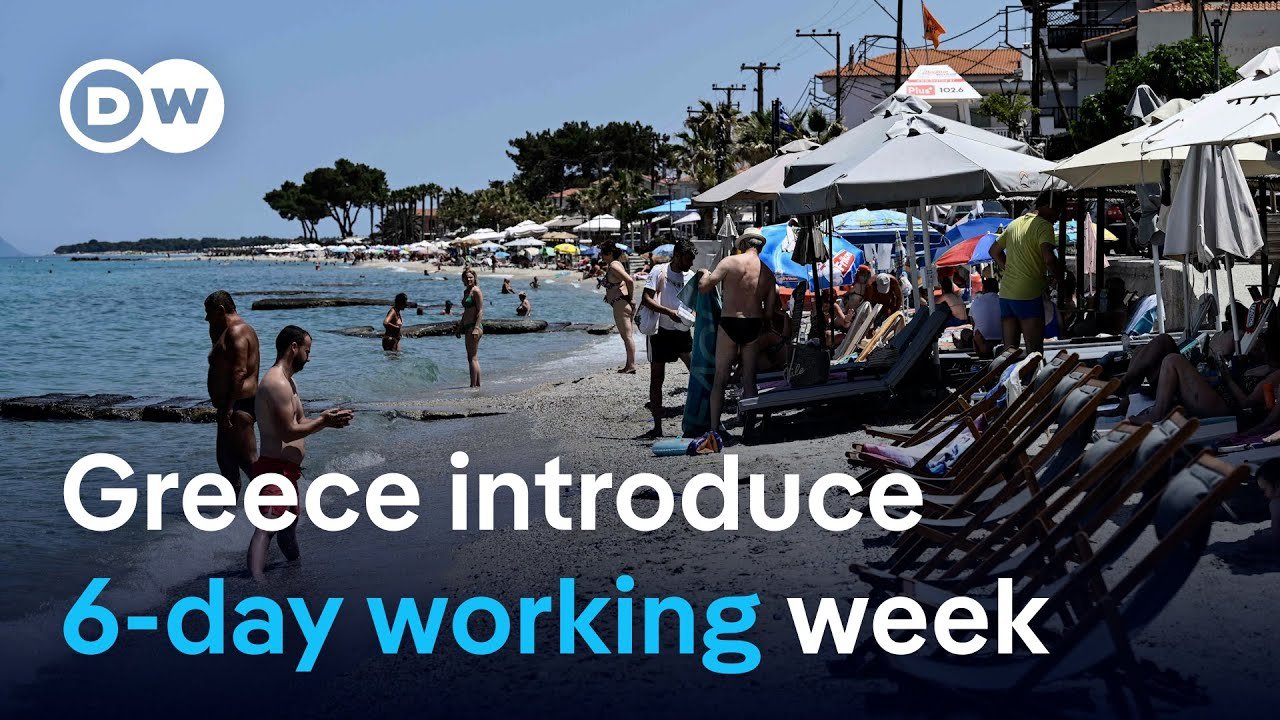Greece has introduced a six-day working week for certain businesses, notably those offering 24/7 services or facing exceptional workload demands. This move by Greece’s pro-business government, which is claimed to be worker-friendly, has ignited widespread criticism from trade unions and the public, citing concerns over worker rights and well-being. The policy aims to address productivity issues linked to the nation’s shrinking population and the scarcity of skilled workers, amidst criticisms and comparisons to more beneficial four-day workweek trials elsewhere.
- Greece is the first EU country to mandate a six-day working week for some businesses.
- The policy targets companies providing 24/7 services or those with extraordinary workloads.
- Trade unions and the public have strongly opposed the move, labeling it as a regression in workers’ rights.
- The government justifies the decision as a measure to boost productivity due to Greece’s demographic challenges and a shortage of skilled workers.
- A significant exodus of around 500,000 skilled young Greeks during the financial crisis has exacerbated the workforce shortage.
- Experts and trials in other countries suggest shorter workweeks may be more effective, contrasting the Greek government’s approach.
- There is minimal support for the new working scheme among the general population, with many viewing it as favoring corporations at the expense of workers’ rights.
DW News is a global news TV program broadcast by German public state-owned international broadcaster Deutsche Welle (DW).
AllSides Media Bias Rating: Center
https://www.allsides.com/news-source/deutsche-welle-media-bias
Official website: https://www.dw.com
Original video here.
This summary has been generated by AI.

Leave a Reply